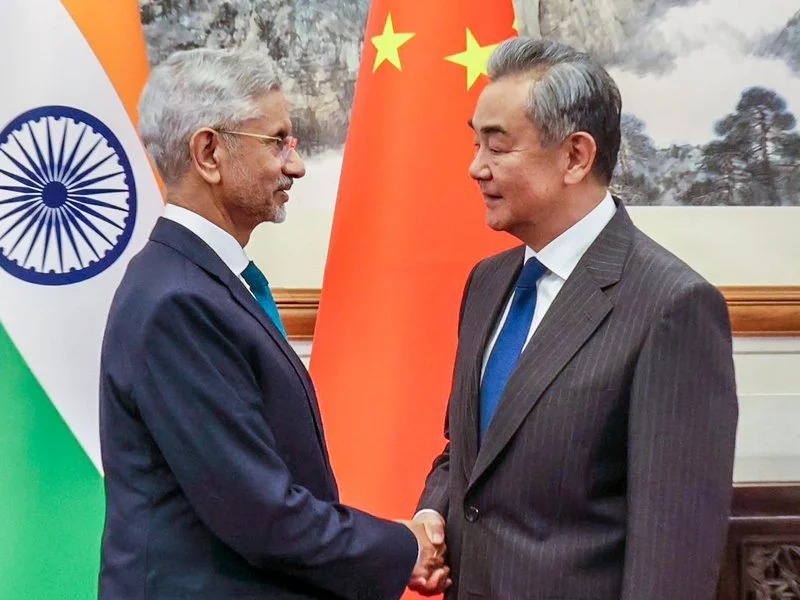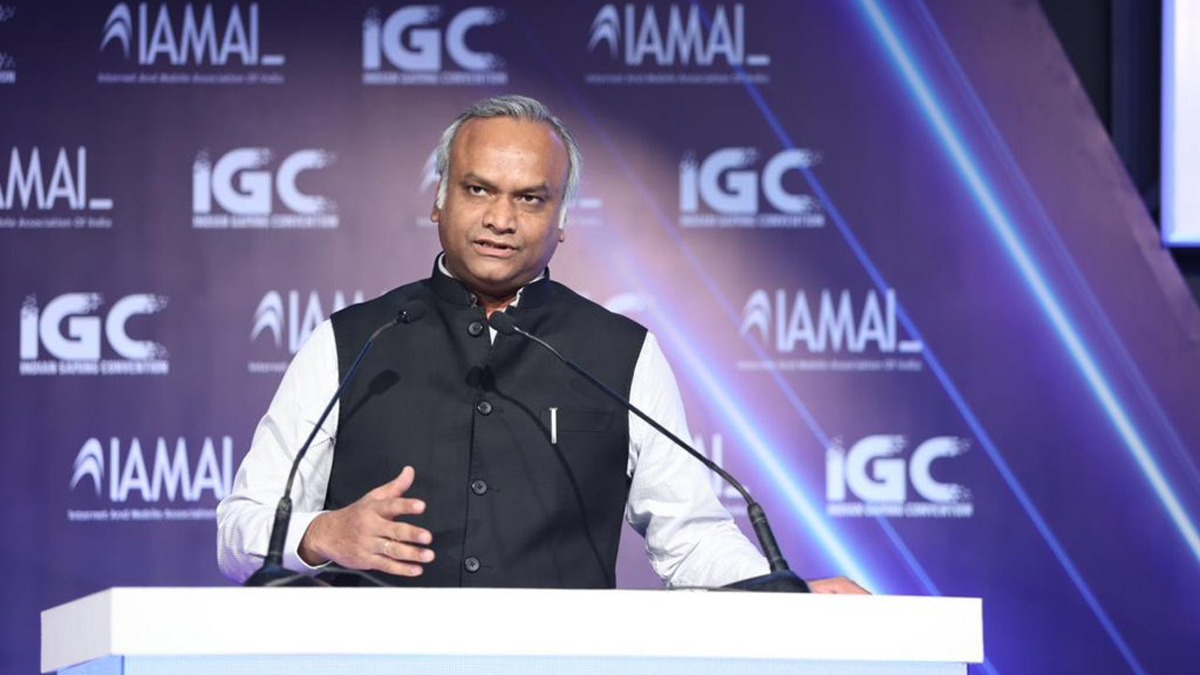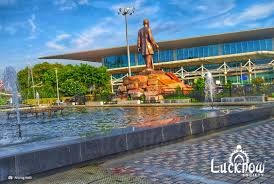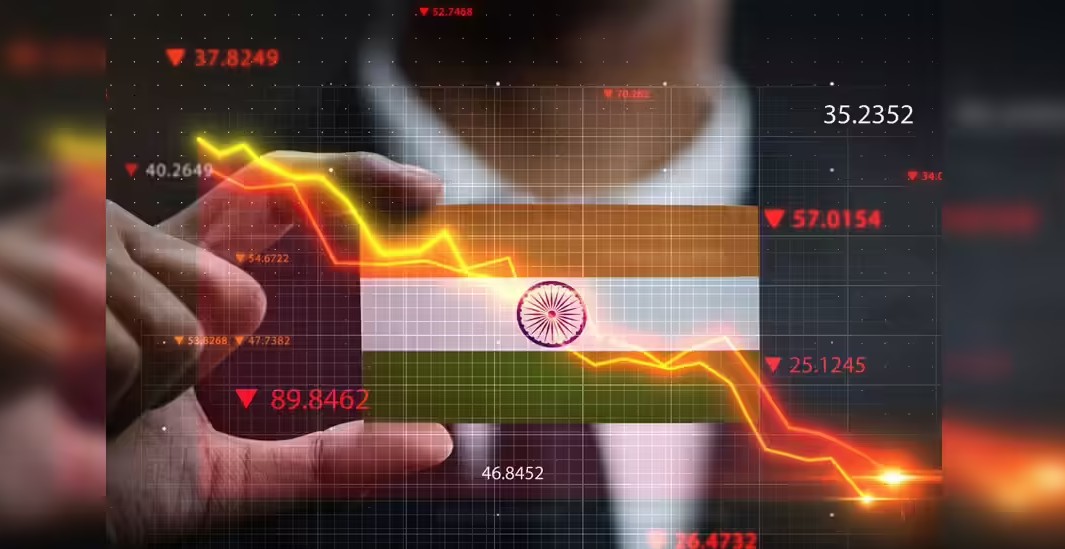
Follow WOWNEWS 24x7 on:

Key Highlights from the Foreign Ministry’s Announcement
Chinese Foreign Minister Wang Yi will visit New Delhi from August 18–20, marking his first trip to India in over three years. Coming just weeks before Prime Minister Narendra Modi’s anticipated journey to China for the Shanghai Cooperation Organisation (SCO) summit in Tianjin, Wang’s visit signifies renewed diplomatic energy between the Asian giants after years of border tensions and pandemic interruptions.
Diplomatic Aims and Agenda: What’s at Stake?
Wang Yi’s primary mission is to meet National Security Advisor Ajit Doval for high-stakes talks under the Special Representatives mechanism, a channel for India-China dialogue on the long-contested border issues.
External Affairs Minister Subrahmanyam Jaishankar will also host discussions with Wang Yi, reflecting India’s desire to extend the conversation beyond territory and single issues.
The visit’s timing, ahead of the August 31 SCO summit, positions both countries to align their stances, build trust, and possibly pave the way for a direct meeting between Prime Minister Modi and Chinese President Xi Jinping.
Officials indicate that India will seek to address the current situation along the Line of Actual Control (LAC), push for confidence-building measures, and discuss resuming border trade and direct flights for people-to-people and business connectivity.
The diplomatic calendar extends further: Jaishankar visits Moscow next week to meet with Russian officials, signaling an intense period of trilateral engagement among India, China, and Russia.
Context: Why This Visit Matters Now
India-China relations have remained tense since the Galwan Valley clashes in 2020, with disengagement along the border only resuming gradually.
This visit is intended as a signal to break the long deadlock, restore dialogue, and normalize bilateral relations amidst new global pressure from US trade tariffs and competitive security alignments.
China has officially welcomed Prime Minister Modi’s planned attendance at the SCO meeting, describing the summit as an opportunity for regional “solidarity, friendship and fruitful results.”
Beyond the Talks: Economic, Security and Regional Outlook
Beyond border issues, the delegations may touch on reopening Kailash Mansarovar Yatra, resuming tourist and business visas, and pushing forward on trade including Indian diesel shipments to China for the first time in three years.
Both sides are engaging actively in global forums—BRICS, G20, and SCO—as they seek common ground for economic recovery, regional stability, and climate challenges.
Looking Forward: Signals and Possible Outcomes
The Wang-Doval and Wang-Jaishankar meetings are seen as vital steps towards resolving immediate border tensions and deepening trust, with hopes for concrete agreements on security and economic measures.
Observers expect announcements on reopening border trade points (Lipulekh, Shipki La, Nathu La), boosting tourism, and smoothing business ties.
The diplomatic exchanges set the stage for a possible Modi-Xi summit, with regional security, trade partnerships, and sustainable cooperation among core themes.
Conclusion
Chinese Foreign Minister Wang Yi’s visit is a watershed moment in India-China relations, signaling a turn toward cooperative engagement after years of friction. As Delhi readies for high-level diplomacy with both China and Russia, this week will shape not only immediate headlines but the longer arc of Asia’s evolving geopolitics.
Sources: Indian Express, Bloomberg, Telegraph India, Hindustan Times, IANS LIVE, Awaz The Voice, Rediff News, Firstpost, New Indian Express




